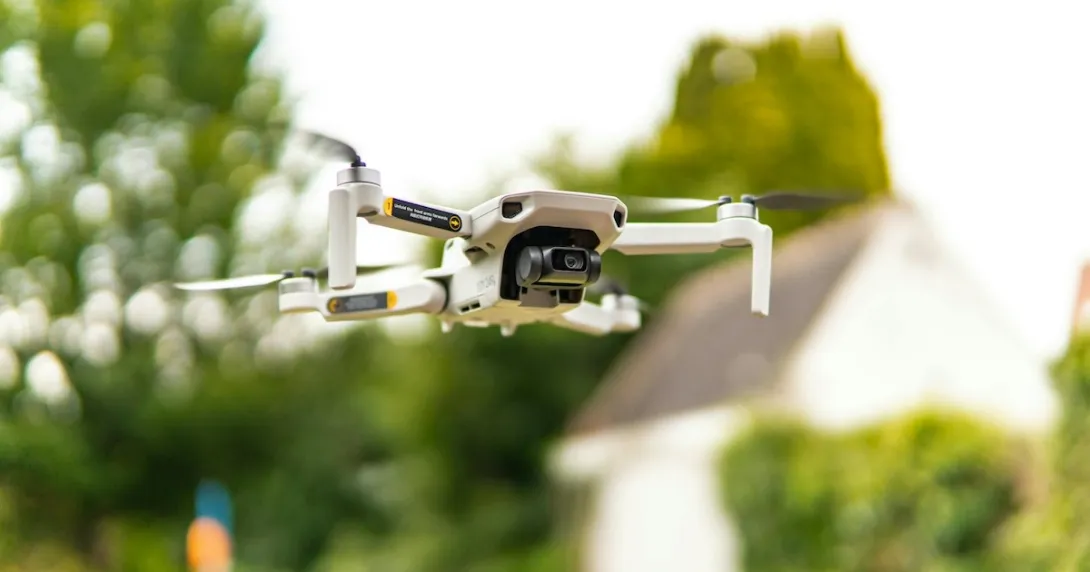
Photo: Warre Van de Wouwer/Pexels
Malaysia's communications regulator has recently piloted medicine drone delivery in Sabah.
The Malaysian Communications and Multimedia Commission (MCMC) partnered with the Ministry of Health, the Malaysian Research Accelerator for Technology and Innovation, and local drone technology providers to test the viability of drone-based delivery of medicines in rural and remote areas.
According to a report by Malaysia's national news agency, Bernama, the first phase of the pilot involves two community hubs of the National Information Dissemination Centre (NADI) under the Ministry of Communications.
The MCMC drone delivery project targets to involve 392 NADI hubs by 2027.
WHY IT MATTERS
Citing MCMC, the news report noted that the drone delivery service aims to accelerate access to medications in hard-to-reach communities, including islands and remote villages, without proper road infrastructure.
The project also reportedly supports the Malaysian government's efforts to utilise technology, including 5G and AI, to expand access to healthcare services in rural communities.
THE LARGER CONTEXT
Enabling equitable access to quality healthcare is a key priority in the government's 12th Malaysia Plan 2021-2025. This entails, among others, the adoption of emerging technologies, such as AI and big analytics, and the expansion of virtual services.
The private sector is also contributing to this effort; for example, rural broadband service provider MEASAT and health IT company Mudah Healthtech started collaborating last year to deliver 2,000 telehealth kiosks to rural areas. A first deployment was also done in Sabah.
As part of the health system's digital transformation, the development of the national EMR system is underway, with full rollout expected next year.
In recent years, other Asia-Pacific countries, particularly Australia and India, have also piloted drone-based delivery of critical, life-saving medical supplies to far-flung communities.

